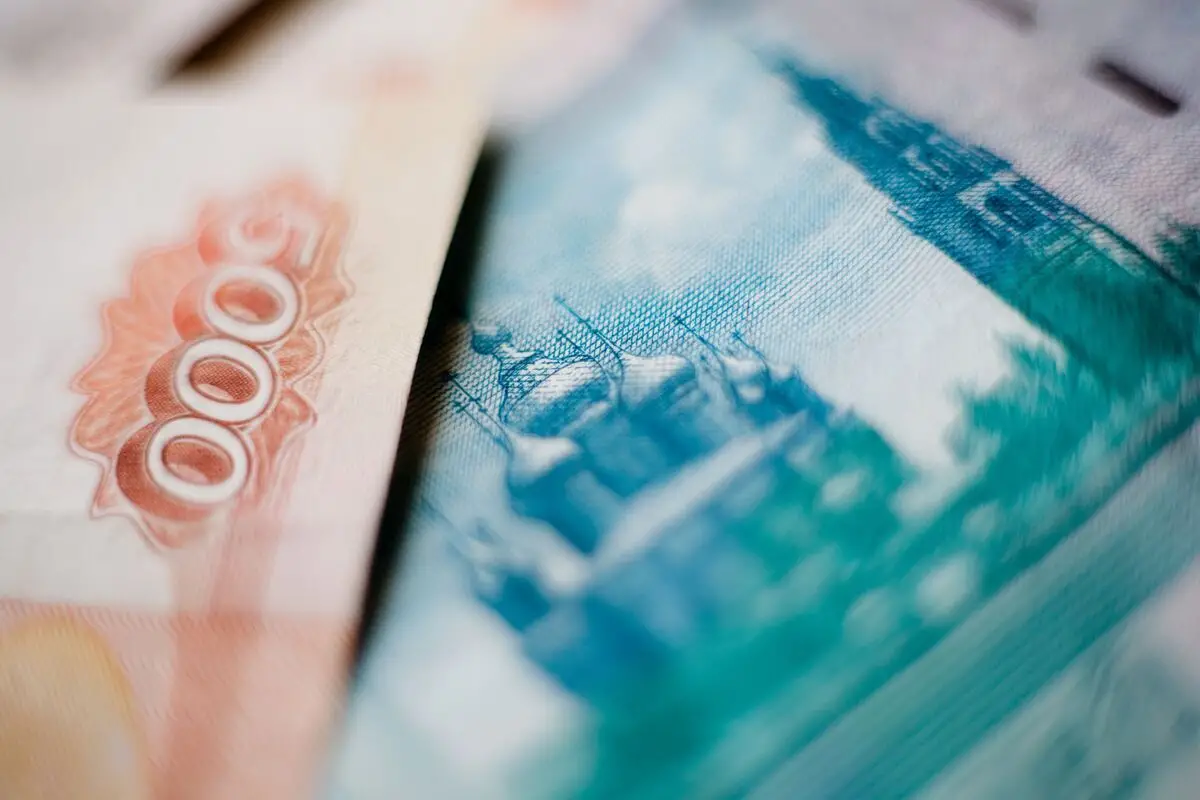Macro
Russia's Ruble Boost: FX Sales Extended to 2025, Up 8%
Russia extends mandatory FX sales to April 2025, bolstering ruble stability amid sanctions with an 8% currency appreciation.
By Athena Xu
ᐧ

Key Takeaway
- Russia extends mandatory FX sales for exporters through April 2025 to stabilize the ruble, keeping the 80% credit rule unchanged.
- The measure has bolstered the ruble's value by approximately 8% since its inception.
- Applies to 43 exporter groups, ensuring FX proceeds are credited to Russian banks within 120 days.
Russia Bolsters Ruble Stability
Russia has announced the extension of mandatory foreign exchange (FX) sales for major exporters until the end of April 2025, a move aimed at supporting the national currency amidst ongoing economic challenges. This policy mandates that 43 major Russian commodities groups convert at least 80% of their foreign currency earnings into rubles within 120 days of receipt. Initially set to expire at the end of April 2024, the government's decision underscores efforts to maintain ruble stability and financial market resilience in the face of Western sanctions and economic volatility.
Impact of FX Sales on Ruble Performance
Since the introduction of mandatory FX sales, the ruble has seen an approximate 8% appreciation. This policy, reintroduced by President Vladimir Putin in October for a six-month period following a phase of fresh volatility, has been credited with stabilizing the domestic FX market by ensuring sufficient liquidity. The ruble, which had experienced a significant plunge past 100 to the US dollar, is currently trading at about 93 to the dollar. The government's strategy reflects a broader use of strict capital controls to prop up the ruble, especially after the West's financial sanctions in response to Russia's military actions in Ukraine.
Adjustments and Effectiveness of FX Measures
The Russian government has slightly loosened the timeframe for the conversion of foreign earnings, extending it from 90 to 120 days. This adjustment is part of a broader strategy to manage the ruble's value effectively while navigating the complexities of international sanctions and the freezing of approximately $300 billion of Russia's international reserves. The effectiveness of these measures has been acknowledged by the government, highlighting their role in averting a potential financial crisis and supporting the ruble through increased demand.
Finance GPT
beta







